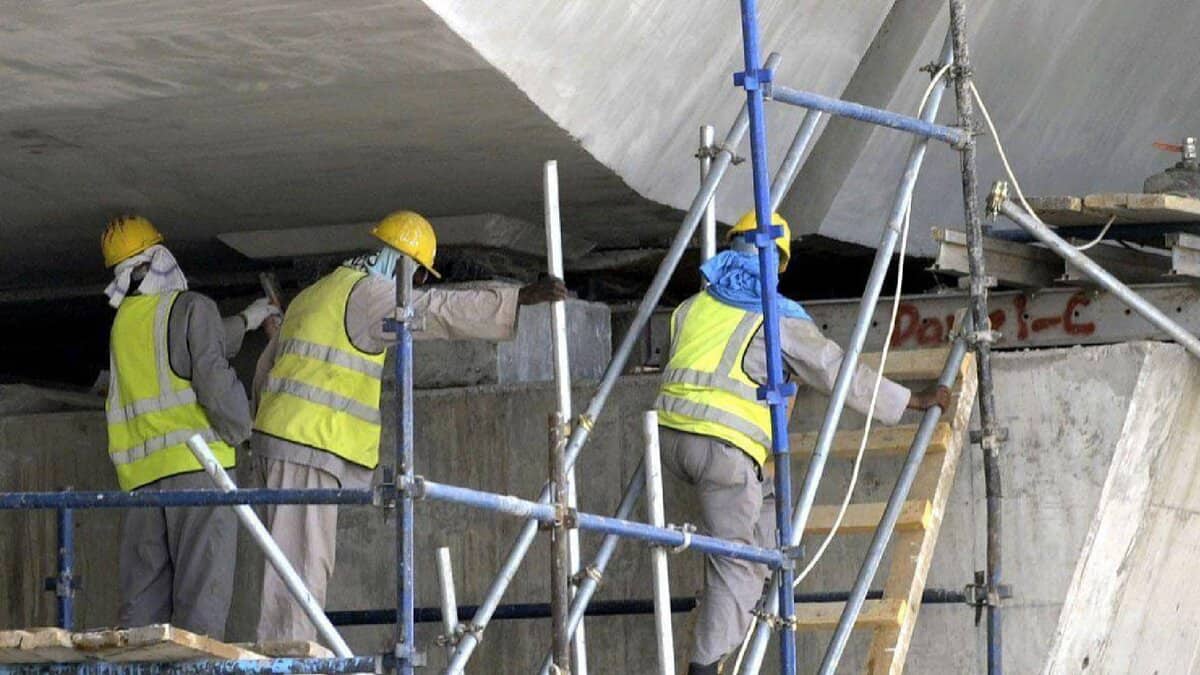
Riyadh: The Kingdom of Saudi Arabia’s Ministry of Human Resources and Social Development (HRSD) has introduced a new skill-based classification system for expatriate work permits, categorising them into three levels: high-skilled, skilled, and basic.
In a post on X, the ministry said that this initiative aims to regulate the labour market, strengthen human capital, and create a more competitive and innovative business environment. The reform aligns with the objectives of Saudi Vision 2030 and the National Transformation Programme.
Implementation stages
The new system took effect on June 18, 2025, and will be rolled out in two stages:
- Phase 1: Existing workers (effective from July 5, 2025)
This phase applies to expats currently employed in the Kingdom. Classifications will be based on job roles and salary levels.
- Phase 2: New arrivals (effective from August 3, 2025)
This stage targets workers entering Saudi Arabia for the first time. Their permits will be categorised before or upon entry.
The process is automated and integrated with the Qiwa platform, where businesses can access classifications through their accounts. If a worker’s skill level appears incorrect, a request can be submitted to update it, provided the criteria are met.
Key classification criteria
Work permits will be assessed based on the following factors:
- Educational qualifications: Relevance of academic background to the profession
- Work experience: Required years of experience for each level
- Professional skills: Meeting the standards of the Professional Accreditation Programme
- Wage level: Salary thresholds defined by the ministry
- Age: Specific limits depending on the nature of the job.
Supporting labour market transformation
This system is designed to improve workforce quality, attract international talent, and increase overall market efficiency. It encourages knowledge transfer, innovation, and better alignment between worker qualifications and job roles.
By implementing clearly defined skill levels, Saudi Arabia aims to build a sustainable, high-performing labour market that contributes to long-term economic growth and national development.



